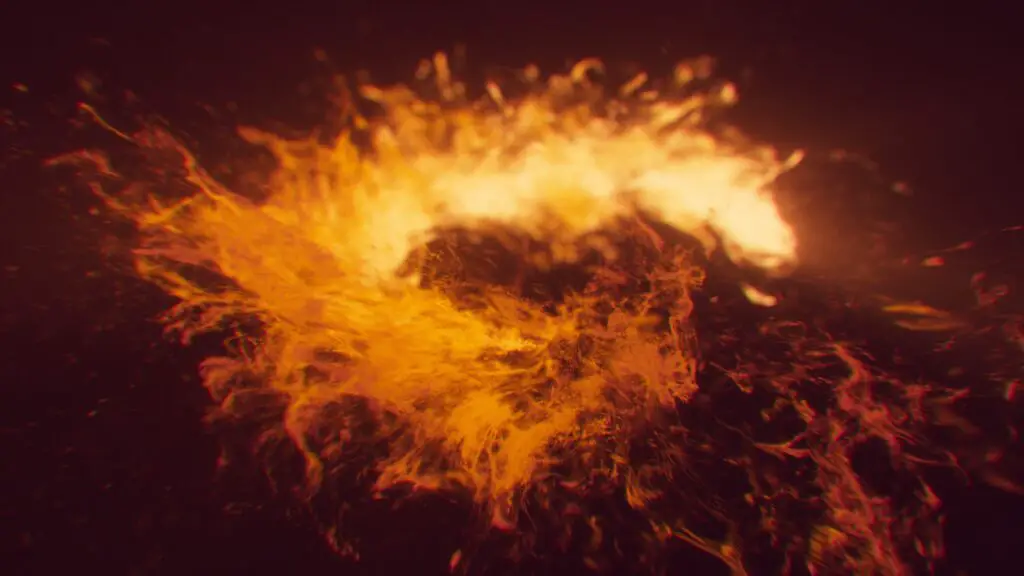March 29, 2022
We hope you enjoy our articles. Please note, we may collect a share of sales or other compensation from the links on this page. Thank you if you use our links, we really appreciate it!
Speculations about the emergence of a new world order galore as the war in Ukraine ravages the country and its people. I argue here that they are not something new, one could have a glimpse of it in various phases of human history. One could trace the elements of ‘history repeating itself’ in the events in Ukraine.
While I aim at drawing inspiration from philosophy, Hegel comes to mind. The German philosopher articulated well that human history evolves through war. Hegel articulated that the Idea or the Spirit moves, or unfolds itself in a dialectic fashion, and war is one of the means of its unfolding. World history is a court of judgment, Hegel famously argued.
How does one apply this complex philosophical argument to Ukraine? Hegel’s dialectic method offers some insight. In this method, there is a tussle between two forces – thesis and antithesis – from which the synthesis emerges. Can we, in the case of Ukraine, consider the war is not merely between the two countries – Russia and Ukraine – but between two forces, or two systems, one representing democracy and the other representing authoritarianism, from which something better the human society can expect to evolve?
That sort of moment indeed happened after the Second World War. The Allied forces, representing human hope for equality and freedom, defeated the Axis powers, representing authoritarianism and repression. On the ashes of this war was built the United Nations. And the majority of world leaders, if not all, hoped that the larger humanity– represented by the United Nations –would gear all nations – despite their size and strength – towards some sort of ideal human unity.
But that did not happen as we scroll through the past 70 and odd years of the United Nations. The so-called Cold War ravaged the hope for an ideal human unity as the Allied powers fought among themselves. In fact, the building of the wall in Europe and the division of Germany into the East and the West cast the die. The Iron Curtain indeed divided the world into two major camps. The two camps espoused two different ideologies and pursued those aggressively. The United Nations was used as a theatre for the Cold War to play out.
The end of the Cold War dismantled one camp, and bolstered the other camp led by the US. Political scientist Francis Fukuyama broached his famous thesis, ‘end of history’, to reflect on this major event in world history. He mainly argued the historical struggle has ended with the triumph of democracy and liberal order. Samuel Huntington talked about the ‘third wave of democracy’ as more countries adopted the democratic system. But did the history end? Did the end of the Cold War ensure the victory of democracy over authoritarianism? The answers may vary, but the rise of China in the East, the Russian invasion in Ukraine, and rise of authoritarian systems worldwide challenge this thesis.
President Biden’s recent speech in Poland is not much different from arguments made during the Cold War. Terming the war in Ukraine as a war between the values of democracy and authoritarianism, and reference to Tiananmen Square drives this point home that the Cold War is not dead; there is still the iron curtain, and no one knows yet what course the war in Ukraine will take. Will it result in the second end of the Cold War (the first one with the collapse of the Soviet Union), and the final triumph of democracy over authoritarianism, so that there are no new Cold Wars in the future, and we have a truly a new world order in which there are no wars, hot or cold?
While the war is ravaging Ukraine, the Afghanistan government issued diktats recently that there will be gender segregation in amusement parks and no woman will fly without a male companion. Huntington had predicted that the major global clash will not be between political systems such as democracy or authoritarianism, but between major civilizations based on religion and culture. The war in Afghanistan almost corroborated this theory and increased its popularity in policy establishment. But now with the Taliban in the helm of affairs in Afghanistan, the theory appears tenuous. Are we then modifying the clash of civilizations thesis by replacing the term civilization with political systems? And even with this replacement, are there certain paths that the clash of political systems, with Ukraine as the battleground, will take, ensuring victory of democracy, or will it lead to another major war involving major powers?
The famous liberal theory, democratic peace theory, argues that only in a world in which democracy and human rights are promoted, there will be peace. The main rationale of the theory is that democracies do not go to war. Democracies prefer trade and commerce and peaceful coexistence. But this theory fails to explain well why the UK, a leading democracy, broke away from the EU, a democratic organization, or why authoritarian political systems like Saudi Arabia are a close ally to many democratic countries.
While bringing this historical, philosophical, and political ideas to reflect on the ongoing war in Ukraine, my goal is not to undermine the urgency of peace and the need for immediate cessation of hostilities. People are dying and fleeing while the world is watching the Russian aggression. It is still difficult to fathom why could not the war be stopped by means of diplomacy and dialogue? Why could not the major powers come to the negotiating table and address mutual concerns?
How many wars, repeating the old, will we have? And what will be the cost of Kantian ‘perpetual peace’, in which human dignity and moral duty are valued? I have no answer.



